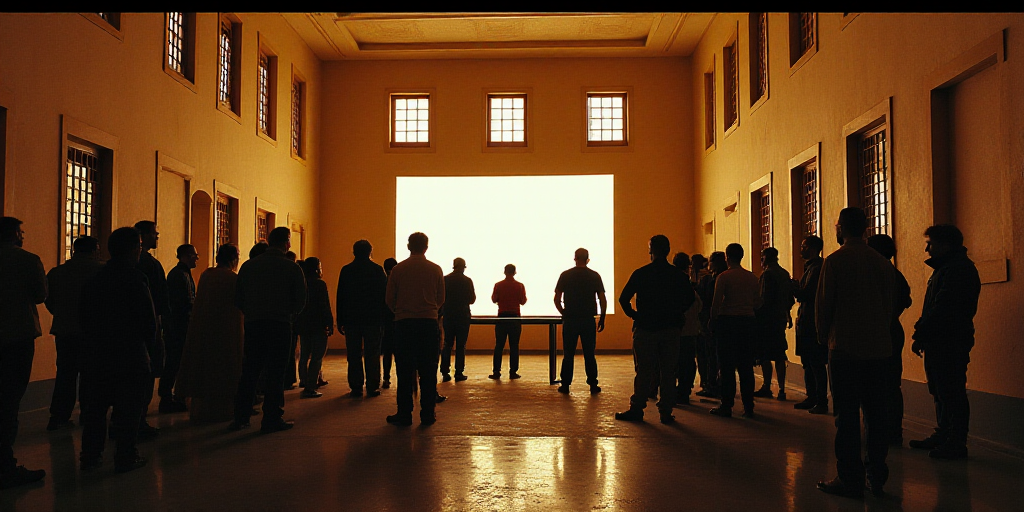Background and Relevance of the Speaker
Saúl Escobar Toledo, a representative from the National Autonomous University of Mexico (UNAM), recently advocated for a reduction in the standard workweek from 48 to 40 hours. His perspective is crucial as he speaks on behalf of academia, which holds significant influence in shaping policy discussions.
Contextualizing Mexico’s Labor Costs
During the first forum to analyze and create an initiative for reducing the workweek, Escobar Toledo highlighted that Mexico’s labor costs remain relatively low compared to some Latin American countries. This low-cost environment, according to him, provides the necessary margin for implementing a 40-hour workweek.
Current Situation in Mexico
Escobar Toledo pointed out that in Mexico, work hours are long while wages remain low. He noted that in many cases, salaries only cover less than two basic food baskets, making the labor cost still relatively low.
He also mentioned that globally, there is a trend towards shorter workweeks. For instance, in Europe, the standard workweek is around 32 hours, whereas Mexico and Latin America have some of the longest workweeks.
Government’s Stance
The Mexican Secretariat of Labor and Social Security (STPS) emphasized that the intention behind these dialogues is to ensure a inclusive, responsible, and economically viable reform that considers the diverse sectors of the country.
Forum Details and Timeline
From May 1 to July 7, forums will be held across various Mexican cities to facilitate dialogue on this significant reform. The initiative was announced by Secretary of Labor, Marath Bolaños, who confirmed that the reform would be implemented gradually following these forums.
Key Questions and Answers
- What is the main proposal? The proposal is to reduce the standard workweek from 48 hours to 40 hours.
- Why is this proposal being considered? Due to low labor costs in Mexico, which provide the necessary margin for this reduction.
- What is the current situation regarding work hours and wages in Mexico? Work hours are long, and wages are low, with salaries often only covering less than two basic food baskets.
- What is the global trend regarding workweeks? There is a global movement towards shorter workweeks, with many countries in Europe adopting 32-hour weeks.
- What is the Mexican government’s stance on this reform? The government aims for an inclusive, responsible, and economically viable reform that considers all sectors.






